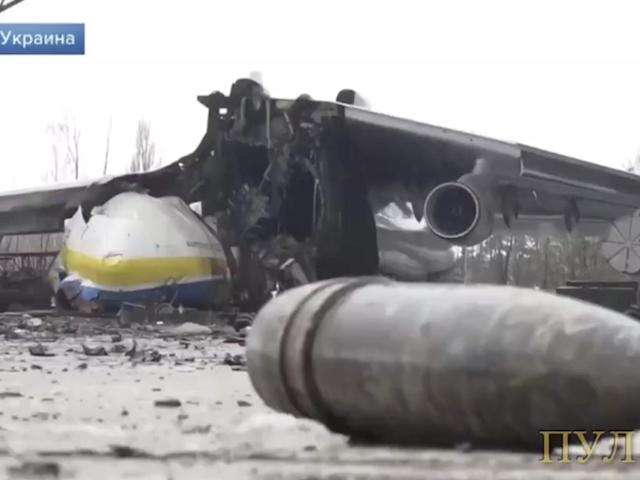Russia vs Supply Chain: Global Supply Chain Hard Hit by Putin’s Invasion
As we enter the second week of conflict in Ukraine, the effects of the unprovoked attack are beginning to be felt around the world. From economic and political sanctions to transportation limitations caused by the physical conflict, the scope of the impact has grown far past just eastern Europe and Russia. The global transportation industry has been hit particularly hard by the fallout of the war so today we wanted to look at two major areas of impact being felt by our industry right now: Air Cargo as well as Energy.
Air Cargo
Most western nations have banned all air-crafts from Russia (we touched on this in last week’s post), diverting flights, stranding several planes and cutting the supply of flights across the board. The move was made to add to the economic pressure on Russia and its businesses in an effort to cripple the Russian economy.
There have also been new rules put in place for all airlines that block airspace near the conflict. To prevent accidental targeting of civilian planes crossing over the conflict zone, airlines are being instructed to avoid airspace over Russia, Belarus, Ukraine, and Moldova. This has created some problems for airlines looking to cover routes from Europe to Asia, with some airlines cancelling flights on these routes and others extending flight times and prices to reflect the extended routes.
Though these delays were expected as the conflict began to grow, one area that wasn’t predicted by many was the impact that the invasion would have on heavy airfreight capacity. As you may have seen last week, the world’s largest plane, the Antonov AN-225, was destroyed in Ukraine during an airstrike by Russia. Though the destruction of this plane will create issues for some shippers, as it was the only type of plane capable of transporting certain types of cargo, the impact extends far beyond one plane.
Many cargo planes capable of transporting out-sized and oversized cargo are registered in Ukraine or Russia, including the entire Antonov fleet which has now been grounded in Ukraine. Reducing this already slim capacity will greatly reduce the ability to ship oversized items like satellites, industrial materials, and even other aircraft parts.
Energy
One effect of the conflict in Ukraine that you’ve likely already felt personally is the impact it has had on energy prices. As countries clamp down on Russia’s main economic driver, energy, prices around the world have begun to climb.
Both the US and Canada have banned imports of Russian Oil and other energy products with other countries following suit. The UK has committed to phasing out Russian oil by the end of the year, while the EU has committed to a less specific reduction of its reliance on Russian oil. However, the EU is much more reliant on Russian energy than the UK or US, roughly 40% of natural gas in Europe comes from Russia, which means it’s very unlikely that the EU will be able to make an abrupt change.
As these bans on Russian oil continue to grow and energy companies continue to exit Russia like Shell did yesterday, there will be more and more effects on the global supply chain. You’ve likely already noticed the pinch at the pump, with the Canadian average gas price rising by 20 cents over the last week to $1.84 a litre. You can expect these fuel price increases to also be reflected in any upcoming shipments as fuel surcharges grow to keep up with the climbing price of oil.

